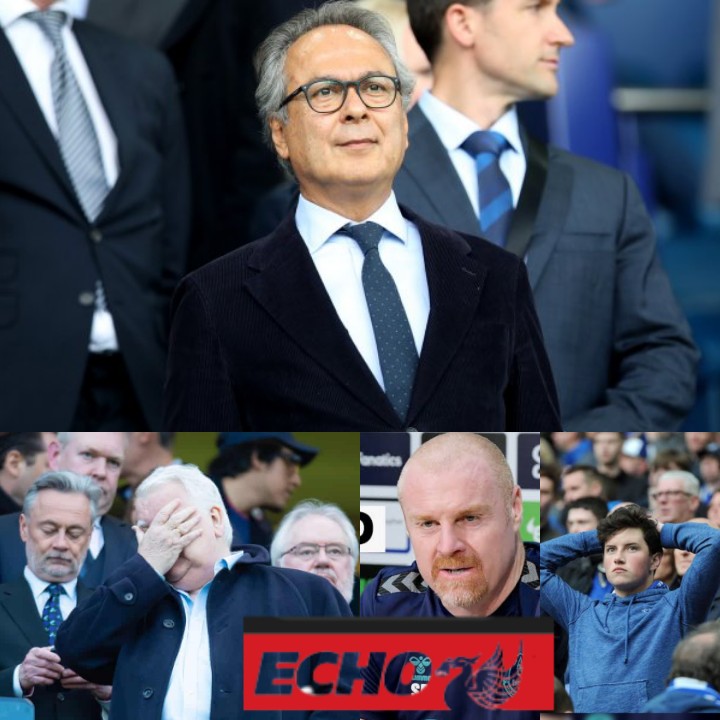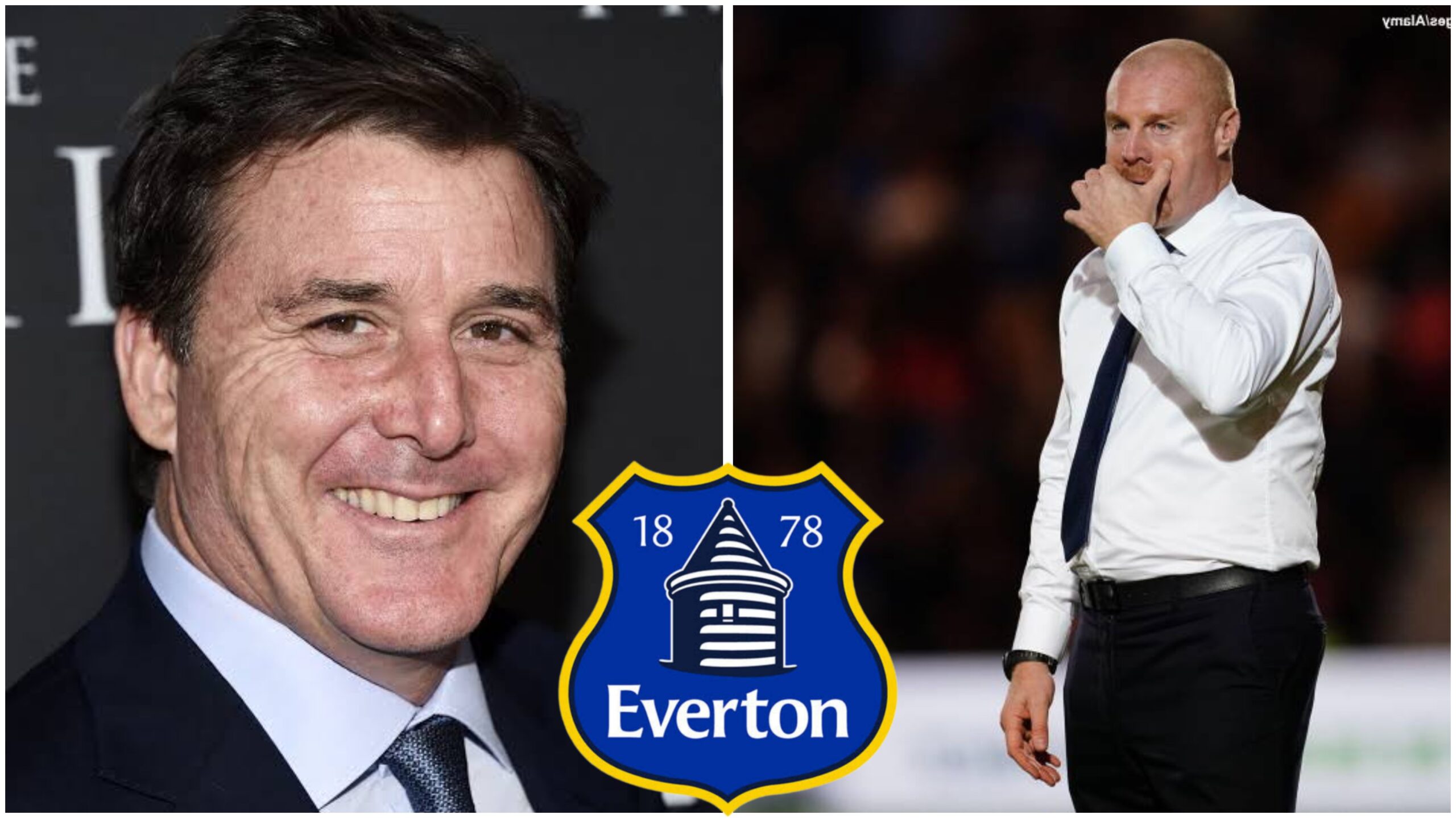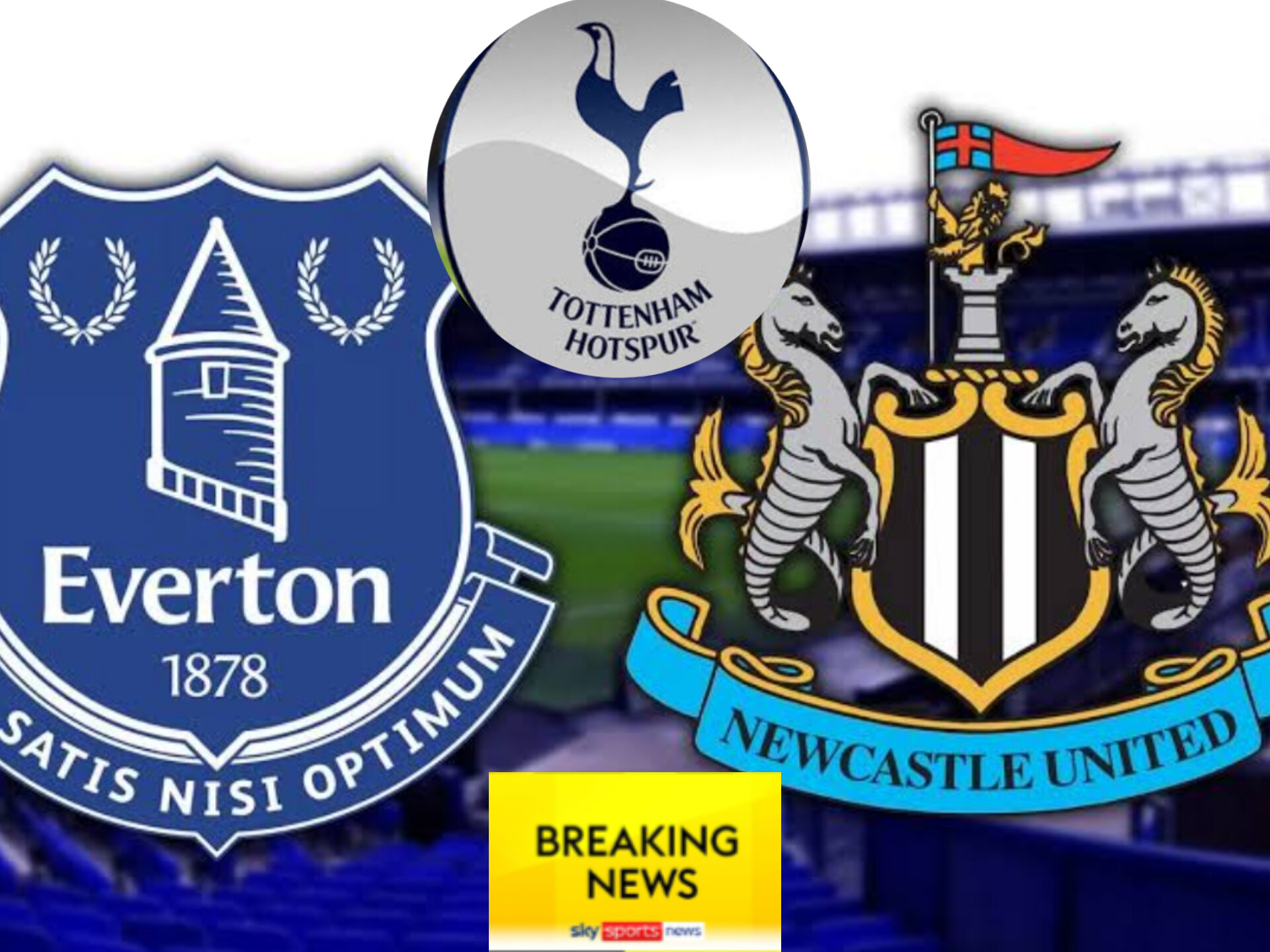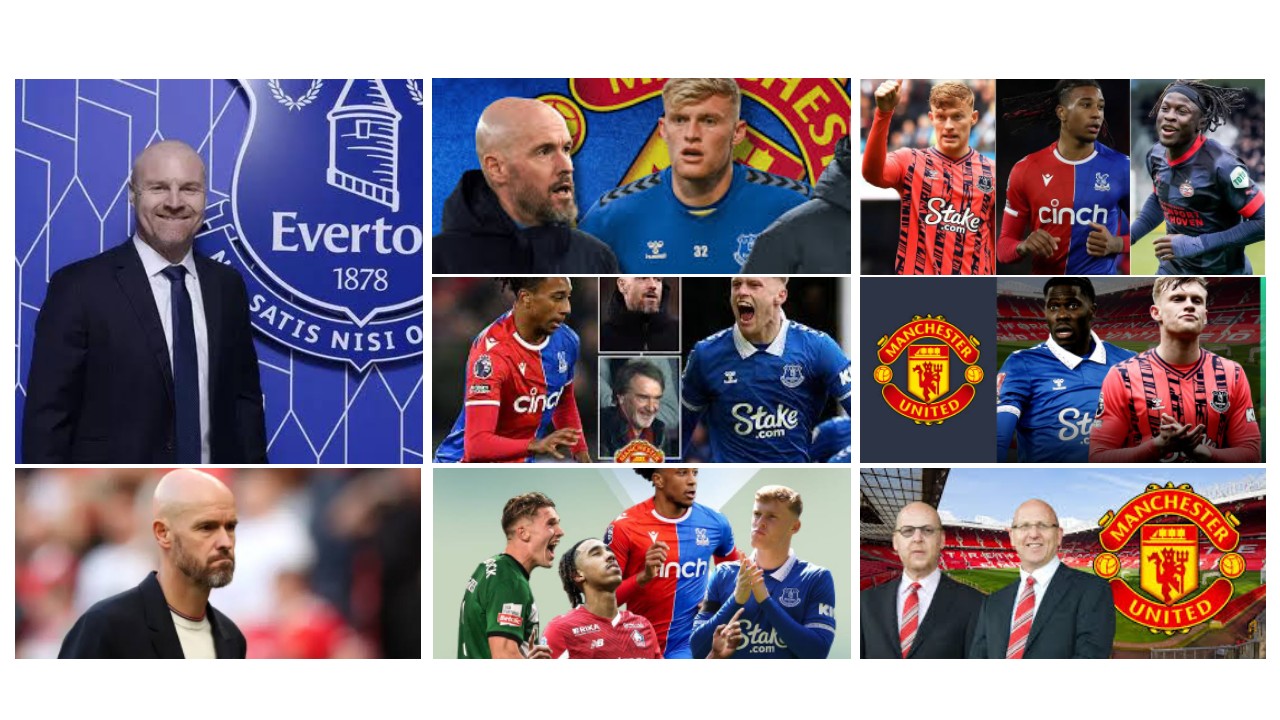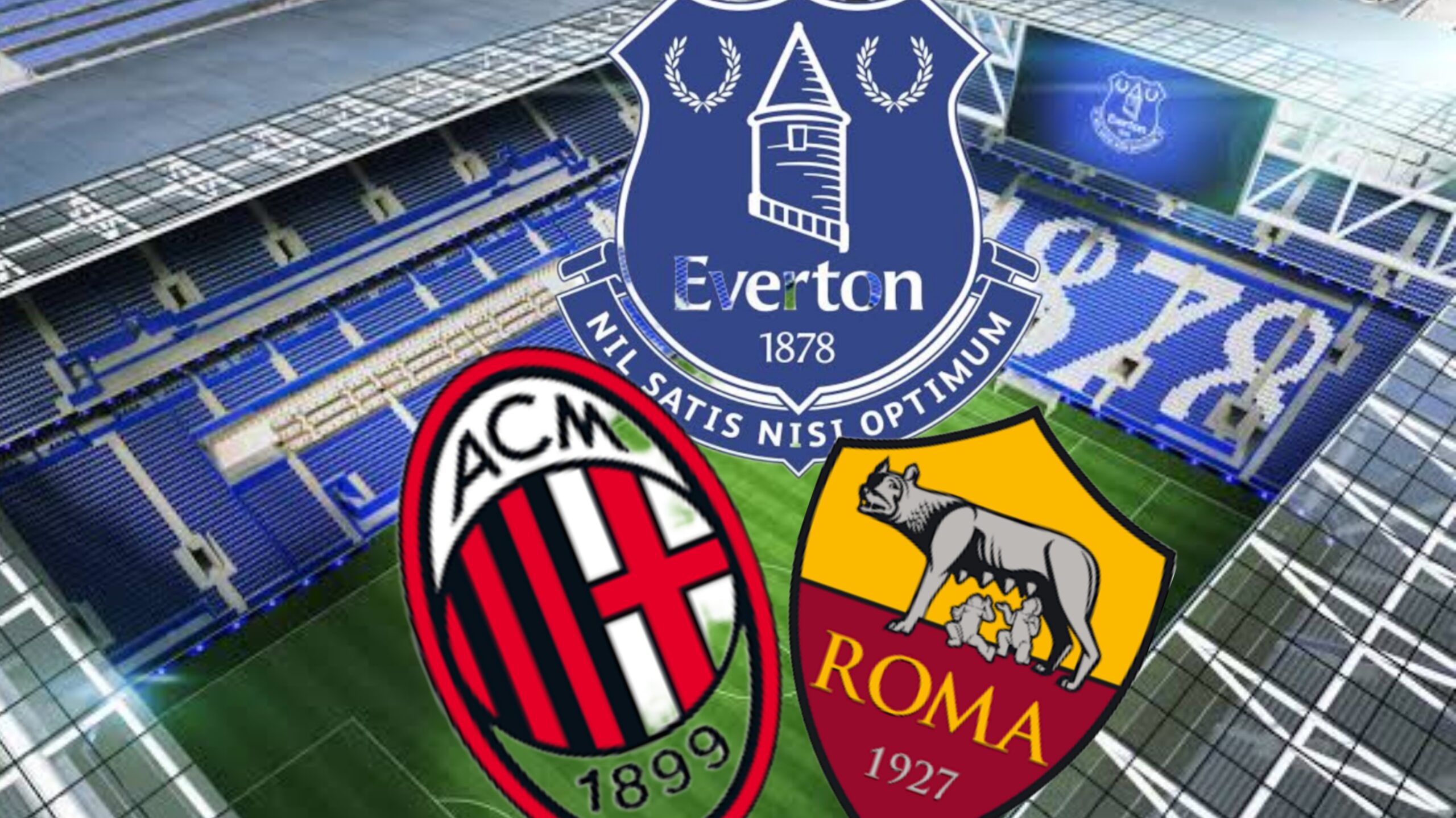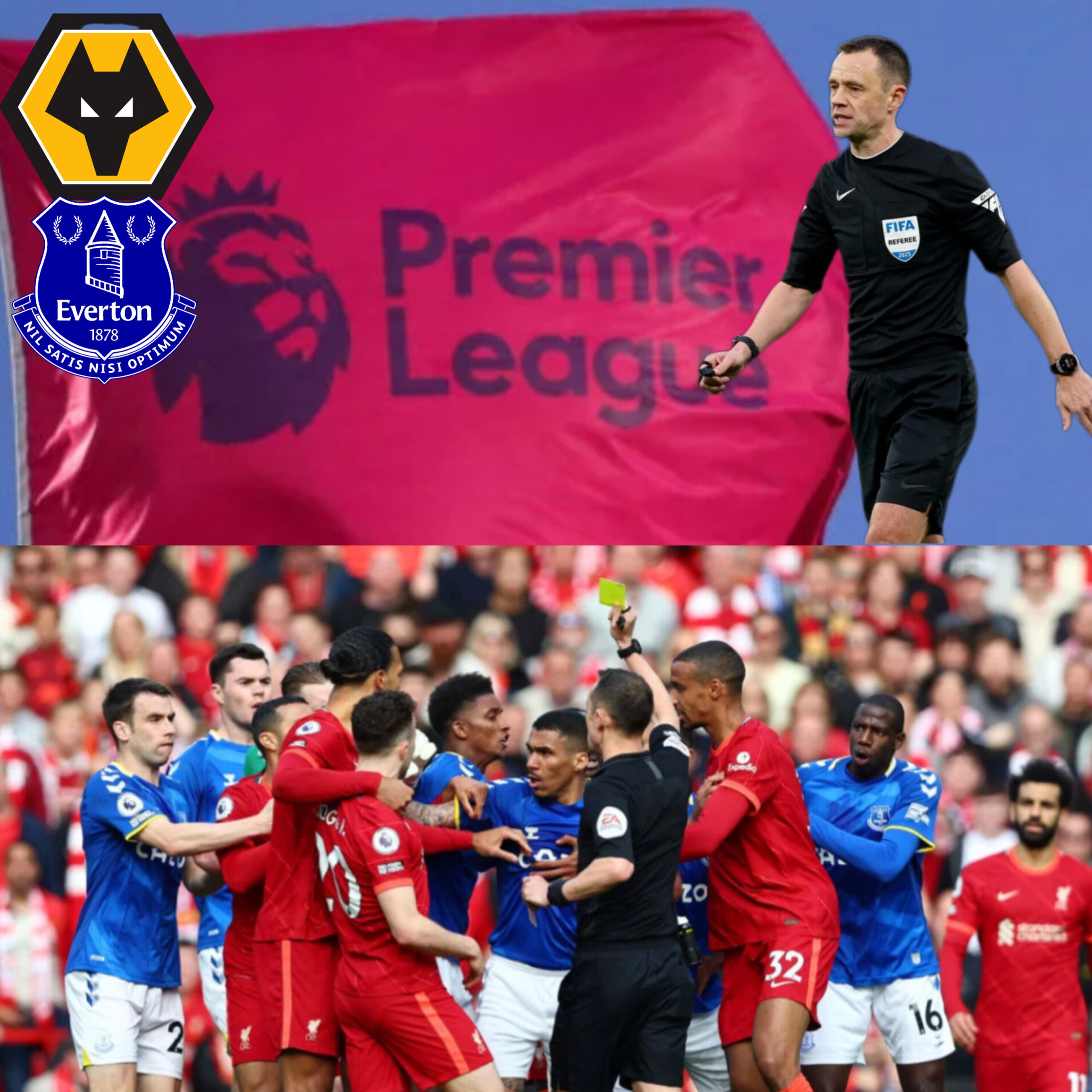As Everton approaches the end of its fiscal year, the club is navigating the challenges posed by the contentious Profit and Sustainability Regulations (PSR) from two different angles.
Everton is among a number of clubs feeling the pressure to keep their financial losses below the £105 million threshold set for the three-year evaluation period ending this month.
Additionally, there’s an ongoing disagreement with the Premier League regarding the accounts from the previous season, placing Everton in a precarious situation where they must avoid further points deductions.
Earlier in the year, Everton’s discussions with the Premier League deferred a decision on a significant matter.
An independent commission examining the club’s second case found the issue of how Everton reported interest on loans—allegedly for their new stadium development—too intricate to resolve at that time.
The ECHO reports that this issue is still pending, complicating plans for Everton’s last season at Goodison Park.
The dispute involves £6.5 million in interest that Everton capitalized retrospectively for the 2021 and 2022 seasons, and a similar approach for additional funds in the year ending in summer 2023.
If Everton loses this argument, it could mean that their previous financial infractions were more substantial than initially penalized.
Consistently, the magnitude of any infraction has influenced the severity of penalties, suggesting Everton might face further deductions next season for past financial periods.
The ambiguity becomes even more troubling if Everton loses the hearing, as it could affect the financial calculations for the current year, ending soon.
Everton is believed to require the transfer market to better their PSR standing, but they might need to secure additional millions to adhere to the regulations if their PSR interpretations are deemed incorrect.
Without clear guidance, Everton faces uncertainty entering this transfer period, unsure of the actions needed to comply with the rules.
This scenario underscores the problems within the league’s financial system, particularly after a season where Everton was significantly affected by these contentious regulations.
Everton was the first club prosecuted under these rules and received the heaviest points deduction in Premier League history in November, later reduced on appeal.
This reduction, however, underscored the inconsistencies in applying and interpreting the rules, as three different independent panels offered varying opinions on Everton’s appropriate sanction.
The Premier League maintains that the lack of sentencing guidelines, as voted by the clubs, serves as a deterrent.
Everton also faced a two-point deduction for a separate case, resulting in penalties for two different seasons within a single year.
Consequently, Everton, which had earned enough points for a mid-table finish, found itself in another relegation struggle.
These penalties hindered Everton’s ability to prepare for the upcoming summer, crucial for devising a strategy to strengthen the team sustainably.
Finishing three spots lower due to the deductions also meant losing out on significant merit payments, which would have improved the club’s financial standing.
The off-field uncertainties overshadowed the club for months, arguably affecting their performance and potential earnings.
In the final stretch of the financial year, Everton is under pressure to make sales to prevent a third consecutive PSR breach and a points deduction that could jeopardize next season’s performance.
Like other clubs, including Nottingham Forest, Aston Villa, and Newcastle United, Everton risks selling valuable players below their worth as competitors capitalize on their predicament.
This was exemplified when Everton sold Richarlison to Tottenham Hotspur at a loss, a move Everton claims cost them £20 million.
The Premier League showed no leniency towards Everton’s plea for mitigation, nor did it acknowledge Forest’s decision to retain Brennan Johnson to maximize his transfer value.
The regulations could lead to a frenzied transfer deadline on June 30, with financially troubled clubs vulnerable to exploitation by stronger teams, undermining rather than safeguarding sustainability and competitiveness.
Everton may later discover that they should have taken further steps to enhance their PSR status, only to realize the chance has passed, further highlighting a system that compromises the Premier League’s integrity instead of fortifying it.
